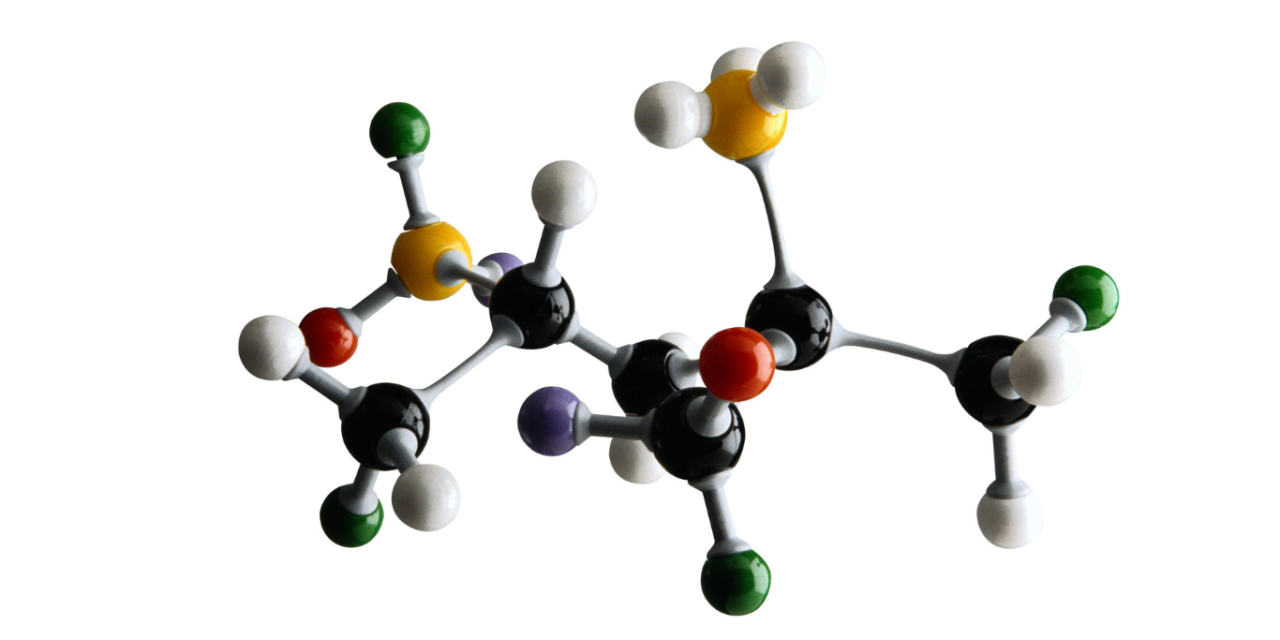These drugs have been used for decades in various sports, including Olympic sports, to enhance performance. This article will discuss the historical use of anabolic steroids in Olympic sports and the current issues surrounding their use.
Brief History of Olympic Sports
The Olympic Games have existed for centuries, dating back to ancient Greece. The first modern Olympic Games were held in Athens, Greece, in 1896, and since then, the games have become the world’s largest sporting event. Olympic sports have evolved, with new sports being added to the program and old ones being removed.
Early use of performance-enhancing drugs in Olympic sports
The use of performance-enhancing drugs in Olympic sports dates back to the early 20th century. In the 1904 Olympic Games, American marathon runner Thomas Hicks was given a mixture of strychnine and caffeine by his coach to help him finish the race. Later, in the 1930s, German scientists discovered the anabolic effects of testosterone and began experimenting with its use in sports.
Anabolic steroid use in Olympic sports during the Cold War
During the Cold War, anabolic steroids in Olympic sports became widespread. The Soviet Union, in particular, was known for its use of steroids to enhance the performance of its athletes. The United States responded by funding its research into using steroids and other performance-enhancing drugs.
The impact of steroid use on the Olympics was significant, with many world records being broken during this time. However, the use of these drugs was not without controversy, and allegations of doping and cheating were widespread.
Ban on anabolic steroid use in Olympic sports
In response to the widespread use of performance-enhancing drugs in Olympic sports, the World Anti-Doping Agency (WADA) was created in 1999. The agency was tasked with establishing anti-doping policies and testing athletes for the use of prohibited substances.
Today, anabolic steroids and other performance-enhancing drugs are strictly prohibited in Olympic sports. Athletes caught using these substances face severe penalties, including disqualification from competitions and losing medals.
Anabolic Steroids in Olympic Sports: Historical Use and Current Issues in the UK
The use of anabolic steroids in Olympic sports has a long and controversial history, including in the United Kingdom. While the ban on these substances has helped reduce their use, athletes in the UK have been involved in cases of steroid abuse. One notable example is the case of British sprinter Dwain Chambers, who tested positive for a banned substance in 2003 and was subsequently banned from competing in the Olympic Games. This incident highlighted the ongoing issue of doping in UK sports and the need for stricter anti-doping measures. The UK Anti-Doping Agency (UKAD) was established to tackle the problem and enforce anti-doping policies, conducting regular testing of athletes to ensure compliance. Despite these efforts, the ethical implications of anabolic steroid use in Olympic sports in the UK continue to be a topic of debate, emphasizing the importance of maintaining fair play and protecting the integrity of sports.
Recent cases of anabolic steroid use in Olympic sports
Despite the ban on anabolic steroids in Olympic sports, there have been several recent cases of athletes being caught using these drugs. Some notable examples include American sprinter Marion Jones, who was stripped of her medals after admitting to using steroids, and Russian weightlifter Apti Aukhadov, who was disqualified from the 2012 Olympic Games after testing positive for steroids.
Current anti-doping efforts include increased testing and more sophisticated testing methods to detect the use of prohibited substances.
Ethical implications of anabolic steroid use in Olympic sports
The use of anabolic steroids in Olympic sports raises several ethical questions. Some argue that using these drugs is cheating and goes against the spirit of fair play in sports. Others say athletes should be allowed to use steroids as long as they are safe and legal.
The impact of steroid use on athletes’ health is also a concern. Anabolic steroids can have serious side effects, including liver damage, heart disease, and infertility.
Conclusion
In conclusion, using anabolic steroids in Olympic sports has a long and controversial history. While the ban on these substances has helped reduce their use, athletes continue to seek ways to enhance their performance. The ethical implications of steroid use in sports will continue to be debated, and efforts to detect
FAQ
Q: What are anabolic steroids?
Anabolic steroids are synthetic hormones that mimic the effects of testosterone and are used to enhance muscle mass and strength.
Q: Why is studying the use of anabolic steroids in Olympic sports important?
Studying the use of anabolic steroids in Olympic sports is essential because it helps to understand the history and impact of these substances on sports and athletes and raises ethical questions about fair play and safety.
Q: When did the use of performance-enhancing drugs in Olympic sports begin?
The use of performance-enhancing drugs in Olympic sports dates back to the early 20th century, with the help of strychnine and caffeine in the 1904 Olympic Games.
Q: What was the impact of anabolic steroid use during the Cold War?
The use of anabolic steroids during the Cold War was widespread, particularly by the Soviet Union, and led to many world records being broken. However, it was also controversial, with allegations of doping and cheating.
Q: When was the ban on anabolic steroid use in Olympic sports established?
The ban on anabolic steroid use in Olympic sports was established by the World Anti-Doping Agency (WADA) in 1999.
Q: Are athletes still caught using anabolic steroids in Olympic sports?
Despite the ban, there have been several recent cases of athletes being caught using anabolic steroids in Olympic sports.
Q: What are the ethical implications of anabolic steroid use in Olympic sports?
The ethical implications of anabolic steroid use in Olympic sports include questions about fair play, safety, and the impact on the integrity of sports.
Q: What are the penalties for athletes caught using anabolic steroids in Olympic sports?
Athletes caught using anabolic steroids in Olympic sports can face severe penalties, including competition disqualification and losing medals.
Author

Dr. Aditya K. Sharma
I am Dr. Aditya Sharma, a dedicated urologist specializing in kidney transplants and advanced urological surgeries. My career is driven by a passion for delivering exceptional care and pioneering surgical techniques. Outside the operating room, I have a keen interest in studying the effects of anabolic steroids on bodybuilding, seeking to understand the fine line between enhancing performance and maintaining health.








